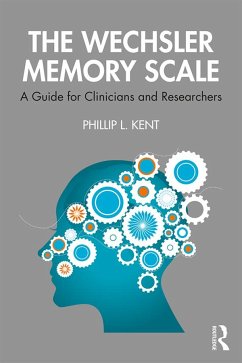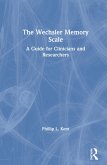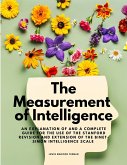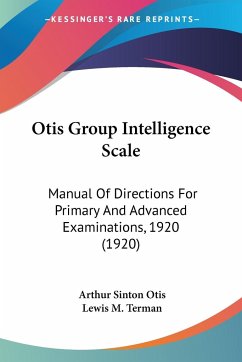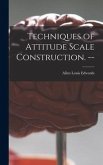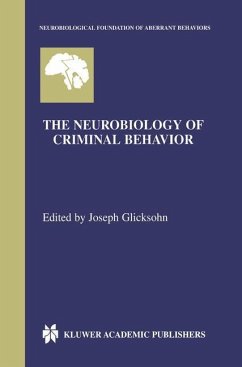The Wechsler Memory Scale (WMS) is one of the most popular memory scales in the United States and much of the English-speaking world. This is the first book to systematically trace the evolution of the instrument in terms of its content and structure, whilst providing a guide to clinical interpretation and discussing its many research uses. The Wechsler Memory Scale: A Guide for Clinicians and Researchers provides a comprehensive review and synthesis of the literature on all the major editions and revisions of the WMS, including the Wechsler Memory Scale-I, Wechsler Memory Scale-Revised, Wechsler Memory Scale-III, and the Wechsler Memory Scale-IV. It discusses major factor analytic studies of each version of the test, clinical interpretation of each version including studies on malingering, uses of each version with special populations, and makes suggestions for the next revision (i.e, the WMS-V). This book is designed to be a go-to source for all graduate students, clinicians and researchers who use the Wechsler Memory Scale, as well as to institutions offering formal training in adult clinical and neuropsychological assessment.
Hinweis: Dieser Artikel kann nur an eine deutsche Lieferadresse ausgeliefert werden.
Hinweis: Dieser Artikel kann nur an eine deutsche Lieferadresse ausgeliefert werden.

